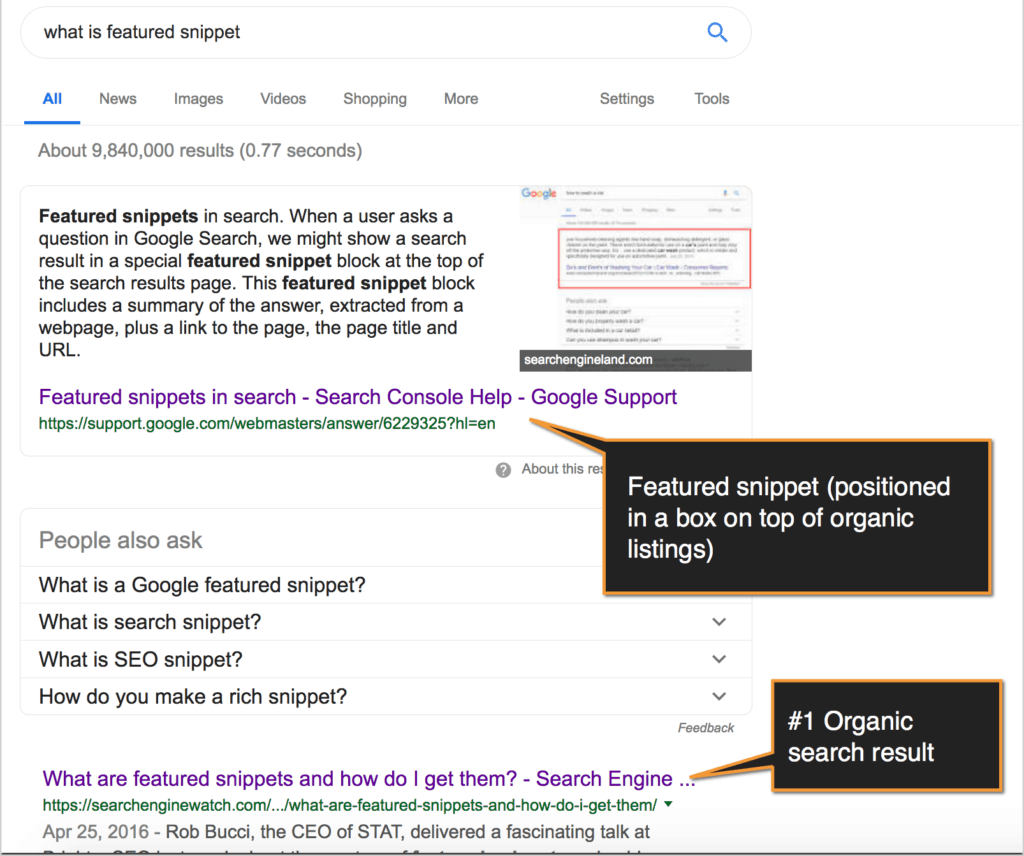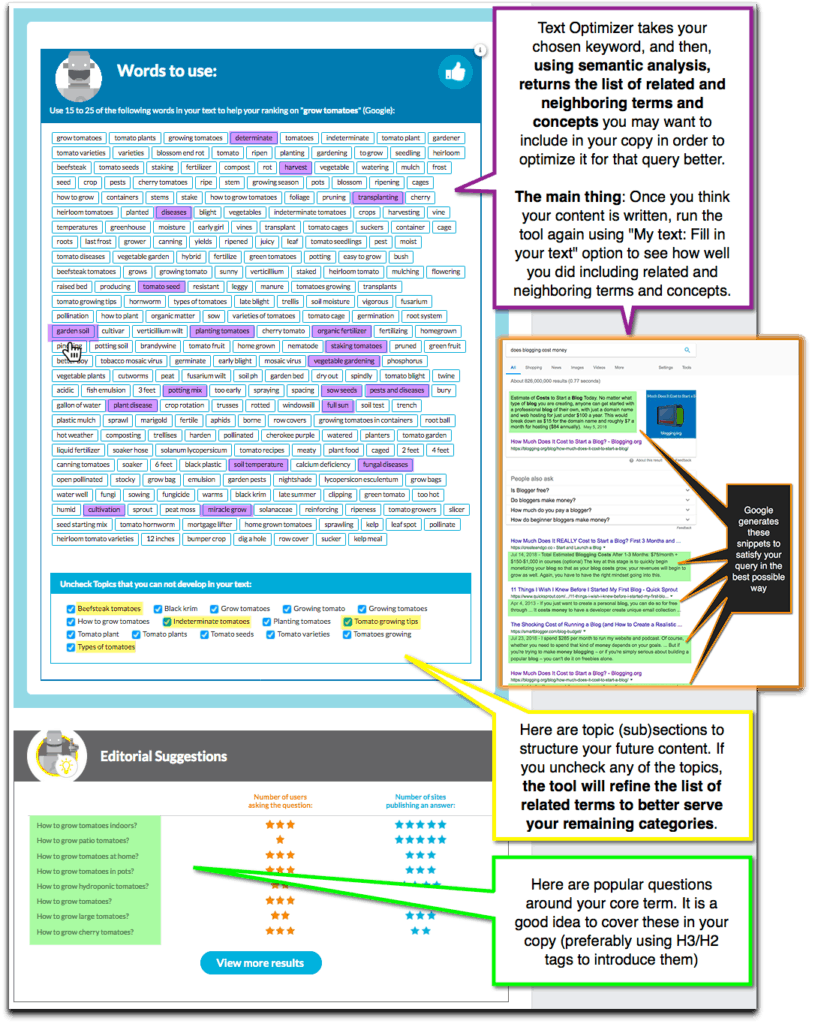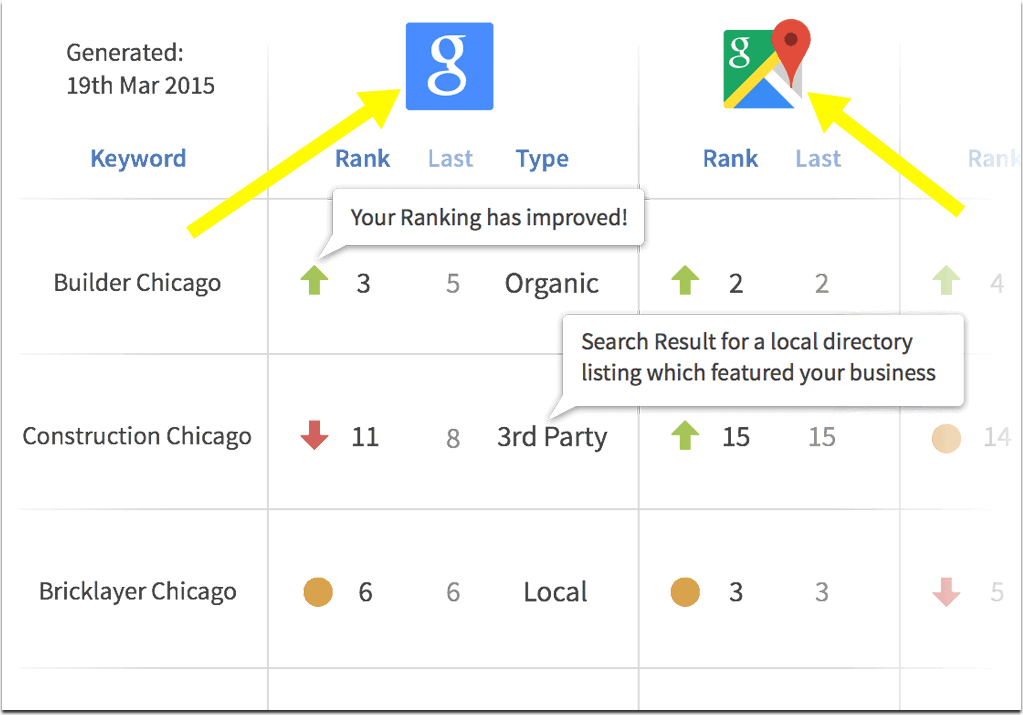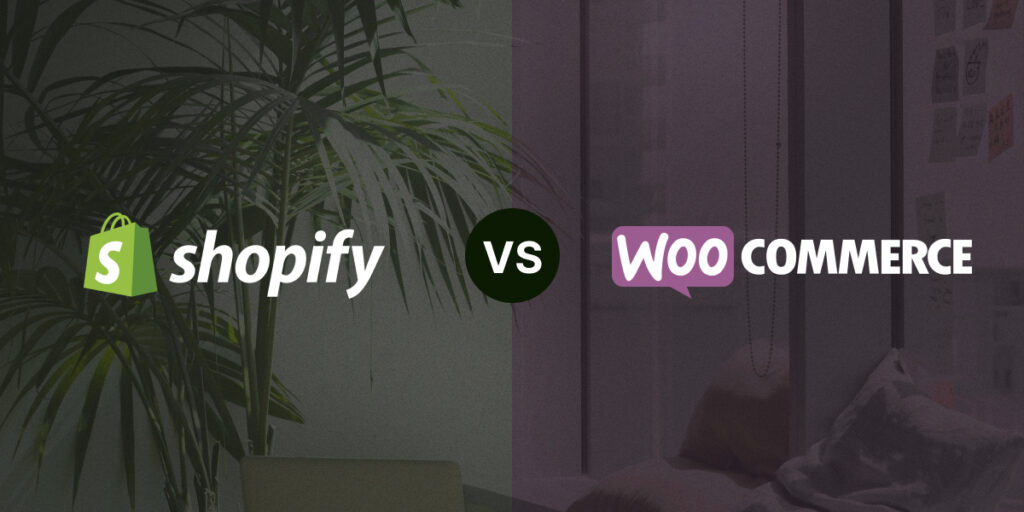Voice search is the ability to perform a web search by speaking your query to the smart device (i.e. a smartphone or a smart voice-activated assistant).
Voice search has been around for a few years now (with many consumers using their smartphones to search by voice) but it has recently started growing at a faster pace due to the recent advances in voice recognition technology and the fast adoption of smart home assistants.
Consequently, voice search is quickly becoming a major marketing trend in 2019 and beyond:
- 1-in-6 Americans now own a smart speaker device that is able to read search results in response to a voice search query (Source: National Public Media)
- 13% of households used voice search in 2017 and this number is expected to rise to around 55% by 2022 (Source: OC&C Strategy Consultants Study)
- Of those who regularly use voice search, 72% claim to use it as part of their daily routine (Source: Google)
Finally, by 2020, nearly half of search queries will be done by voice (Source: Andrew Ng, former Chief Scientist at Baidu). Nearly every article on voice-related search starts with this one, so I felt compelled to mention it here too.
Note though that this number goes back to 2015 and while it's still a very valid prediction (until we hit 2020 to be able to verify how true to life it is), the voice search adoption rate has been influenced by smart speaker adoption recently, so the number may even be higher.

What Does Voice Search Mean to Online Businesses and Marketers
The most obvious challenge voice search is posing to the digital marketing industry is a much tighter organic search competition. While just a few years ago, being in Google's "top 5" was the ultimate search marketer's dream, these days we are competing for one top result because that's what voice search users are being served.
Let me spell this out for you:
- Before: Competing for top 5 organic search results
- Now: Competing for the single organic search position
Moreover, that single position we are now fighting for is not always #1 organic search listing. In many cases, what is being read to a voice search user is the featured snippet, i.e. a selected search result that is picked by Google's algorithm as the one that answers the query in the best possible way.
More often than not, Google features a web page that is already ranking #1 for the given query. But in many cases, the featured result is being selected from top 5 (and in rare cases from top 10) organic search listings.

Google introduced featured snippets a few years ago, as one of the ways to accommodate the voice search users better. The featured snippet revolution causes a major change in SEO mindset:
- Because featured snippets are stealing organic rankings (due to them being positioned in the most visible spot within Google search engine result pages), ranking in top 10 is no longer as effective as it used to be
- Because featured snippets are what is being served to the voice search user, not being featured means 0 organic visibility (at least for voice search users)
Now, tighter competition is not the only challenge marketers are going to deal with due to the fast growth of voice search.
What most digital marketers are worried about these days is: Where are the clicks going to come from?
And it's a good question because the future of search looks mostly screenless: Consumers will never even see the served page (they will only hear the answer and move on), let alone click to visit it.
In fact, Gartner predicts that by 2020 almost 1/3 of web searches are going to be done without the screen. That's a huge amount of searches, and a huge amount of search engine result pages resulting in 0 clicks.
The good news is, where there's a challenge, there's almost always an opportunity, especially for brands that are flexible and ready to embrace trends quickly.
To help you out, here are all those opportunities you can start pursuing now to get ahead of your competition and benefit from the voice search revolution.
Voice Search Means More Varied Query Opportunities
While we are being forced to compete for holding a single organic position these days, there's a different - more positive - phenomenon we should take into account:
With voice search, search queries are getting longer and more varied. They are no longer influenced by Grammar rules or Google's search suggestions. Consumers are freely speaking their questions to a smart speaker, so their queries become more natural and diverse which drives more ranking opportunities than before.
Spoken search queries generally are:
- Long
- Spontaneous
- Consist of full sentences (often these are questions)
This means that you can still get a lot of exposure from organic search, provided you are targeting those long-tail natural-language-driven search queries.
Consequently, marketers need to embrace new, smarter keyword research tools and optimization tactics in order to catch those less obvious ways your target customer may be using to word their search query when speaking it in voice.
TextOptimizer is one example of such advanced software that pushes you to include all kinds of related concepts and terms into your content to optimize for a wider variety of keywords. To help with your research and optimization, TextOptimizer goes straight to THE source, i.e. Google: It uses Google's search snippets for your target query and extracts keyword context from those using semantic analysis:

[TextOptimizer is a good example of new SEO software to embrace in order to optimize your site for voice search]
Furthermore, applying schema.org to better point Google to your content structure is another good idea helping you stand out whenever Google introduces new search improvements geared towards mobile and voice search. It's also a fairly low-effort tactic thanks to the variety of plugins and generators helping you effortlessly implement structured markup.
Voice Search Means More Visibility to Local Businesses
The majority of voice search results are local, as many sources reveal including Search Engine Watch and Bright Local. In most cases (i.e. in 88% of cases) voice search users are taking action, i.e. they are using the driving directions to visit the business after making a voice search.
Local businesses don't need a click, so screenless searching is not posing an issue to them. On the contrary, voice search allows customers to find a nearby business easier then ever. In fact, as AI-empowered search assistants are getting smarter, a human being is not really required for your local business to be discovered. Soon your consumer's smart device will find your business and interact with you on his/her behalf.
What it means is that managing your local rankings and listings is becoming more important than ever:
- Encourage your happy customers to post reviews of your business on Google Local, Yelp and/or Facebook
- Interact with your customers' reviews and reply to their questions promptly
- Keep your local listings constantly updated (e.g. using Google local posts on a weekly basis is a good idea)
Finally, use local business management software to monitor your rankings, reviews and citations. Bright Local is a solid option to use as it stays up-to-date with local marketing trends providing a comprehensive and affordable suite for small businesses to monitor all the important elements of their online presence:

[Use Bright Local to keep an eye on your organic and local rankings, manage reviews and build citations]
Voice Search Means a Different Buyer's Journey
Like with local search, getting a click is not always the goal, at least it shouldn't be, especially with voice search growth.
With the new AI-driven technology, the buyer's journey becomes more fragmented. These days consumers can both search and buy products by voice, while on-the-go. Or they can add products to the shopping cart by voice and buy later from a different device.
This means shopping behavior becomes faster and in many cases impulse-driven.
How to adapt?
First and foremost, make your on-site shopping experience as easy as possible (i.e. eliminate all unnecessary steps) and mobile-friendly.
Secondly, join Google's shopping actions platform (currently only available for the US-based businesses) offering a multi-device shopping experience to the consumer. Business Insider explains the platform the following way:
"A shopper can add an item to their cart after searching for it on Google.com, and then add something else to the cart via voice shopping later, for example. Consumers are then able to purchase everything at the same time. The ability to mix and match their shopping processes may make them less likely to abandon their shopping carts."
With Google shopping actions you can:
- Ensure your products can be purchased through voice using Google Assistant
- Build a universal shopping cart that saves the buyer's payment credentials and allows them to use multiple devices (e.g. Google search and Google Assistant) throughout the same buying process
- Increase loyalty through Google's AI-powered shopping recommendations and re-ordering suggestions
The search industry is in constant flux with new trends and updates disrupting the way people perform the search, interact with it and proceed to an action. In most cases, those trends bring about challenges for some brands and opportunities for others. It's no different with this trend which is already upon us.
Voice search revolution is coming faster than brands are willing to prepare for it. This means now is a great time to gain some competitive advantage and get your site optimized for this fast-emerging opportunity. Be the first in your industry to provide a voice-search-optimized experience and you'll get far ahead of your competition.
Ann Smarty is the brand and community manager at InternetMarketingNinjas.com as well as the founder of Viral Content Bee. Smarty has been into digital marketing for over a decade, she is the former editor-in-chief of Search Engine Journal and contributor to prominent search and social blogs including Small Biz Trends and Mashable. Smarty is also a frequent speaker at Pubcon and the host of the weekly Twitter chat #vcbuzz












